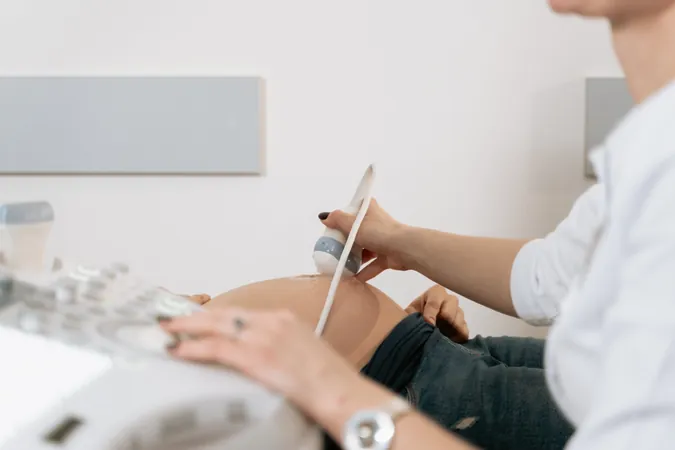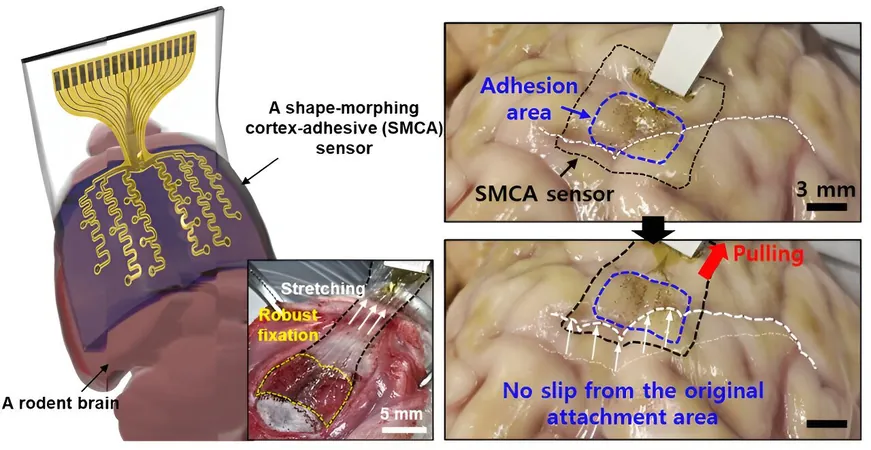
Shocking Disparities Revealed: 20-Week Ultrasound Critical for Detecting Congenital Heart Defects!
2024-09-23
Study Overview
A groundbreaking study conducted by Ann & Robert H. Lurie Children's Hospital of Chicago reveals alarming disparities in the prenatal diagnosis of congenital heart defects (CHDs) based on insurance coverage. Results indicate that patients insured by Medicaid are significantly less likely to receive vital prenatal heart defect diagnoses compared to their privately insured counterparts. This inequity primarily stems from the lower rates of 20-week ultrasounds among pregnant patients with public insurance.
Importance of 20-Week Ultrasound
Dr. Joyce Woo, a pediatric cardiologist at Lurie Children’s and the lead author of the study published in the journal *Prenatal Diagnosis,* emphasizes, 'The 20-week ultrasound is crucial for detecting birth defects, especially as it assesses the baby’s major organs. All expectant mothers need to be aware of its importance and the necessity not to skip this vital test.'
Barriers to Access
Despite being a routine part of prenatal care and covered by Medicaid, many patients face barriers that prevent them from accessing the 20-week ultrasound. These obstacles can include challenges such as taking time off work, transportation issues, or lack of childcare. According to Dr. Woo, increasing the utilization of this ultrasound could significantly improve prenatal diagnosis rates and help close the insurance-related gap.
Ongoing Research
Dr. Woo’s ongoing research prioritizes enhancing prenatal diagnosis to ensure infants born with congenital heart defects receive optimal care from birth. Previous studies have confirmed that early diagnosis of CHDs—the most common birth defects in the U.S.—is linked to significantly better health outcomes.
Data Analysis
The latest study analyzed electronic health records of pregnant individuals in the Chicago metropolitan area whose infants underwent surgery for CHD between 2019 and 2020. The data corroborated earlier findings that public insurance correlates with a diminished likelihood of prenatal diagnosis for CHDs, primarily driven by the absence of the critical 20-week ultrasound.
Addressing Disparities
'By understanding the underlying reasons for these insurance-related disparities in obtaining prenatal diagnoses, such as timely access to second-trimester ultrasounds, we can develop targeted policies and programs aimed at addressing and ultimately lessening these inequities,' Dr. Woo stated.
Call to Action
As awareness grows around these issues, healthcare advocates are urged to push for more comprehensive prenatal care access, particularly for those enrolled in public insurance programs. The stakes couldn't be higher—timely diagnosis and treatment can mean the difference between life and death for newborns with congenital heart defects.



 Brasil (PT)
Brasil (PT)
 Canada (EN)
Canada (EN)
 Chile (ES)
Chile (ES)
 España (ES)
España (ES)
 France (FR)
France (FR)
 Hong Kong (EN)
Hong Kong (EN)
 Italia (IT)
Italia (IT)
 日本 (JA)
日本 (JA)
 Magyarország (HU)
Magyarország (HU)
 Norge (NO)
Norge (NO)
 Polska (PL)
Polska (PL)
 Schweiz (DE)
Schweiz (DE)
 Singapore (EN)
Singapore (EN)
 Sverige (SV)
Sverige (SV)
 Suomi (FI)
Suomi (FI)
 Türkiye (TR)
Türkiye (TR)